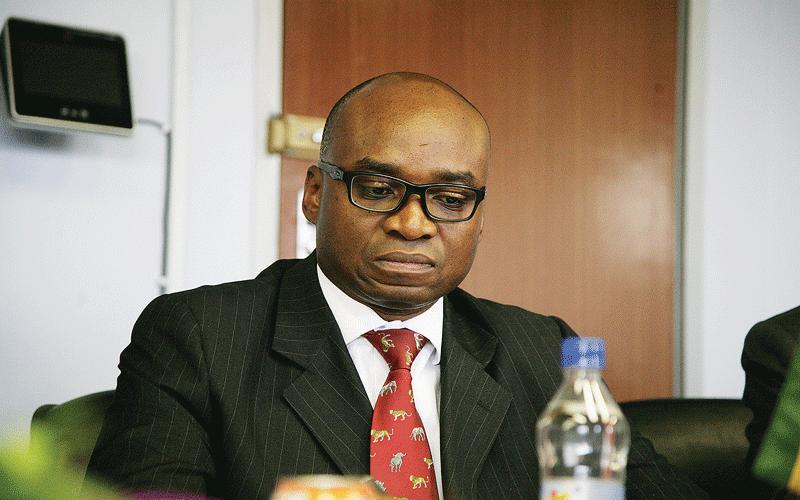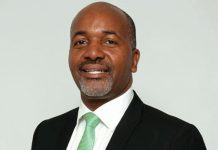Africa-Press – Zimbabwe. PROMINENT banker and economist Nigel Chanakira says Zimbabwe risks undermining confidence in its banking system and derailing efforts to restore a functional local currency unless the government adopts a more consultative and market-aligned approach.
One of the key issues to emerge from the In Conversation with Trevor Ideas Festival last week was the Reserve Bank of Zimbabwe’s regulatory policies concerning interest rates.
In an interview with NewsDay Business on the sidelines of the festival, Chanakira said “blunt” monetary interventions were discouraging savings, investment, and long-term lending, while deepening market uncertainty.
He argued that current policies, including locking foreign currency balances at zero interest and setting a fixed expiry horizon for multi-currency use, were eroding trust among depositors and investors.
“Right now, it’s like they [authorities] operate in a silo,” Chanakira said.
“How do you take money from a guy who wants to import and then lock up his money for zero percent for two years? Where in the world? That’s operating in bad faith.”
Zimbabwe’s central bank has allowed the use of multiple currencies, led by the United States dollar, until December 2030.
However, authorities have also repeatedly stated their desire to eventually migrate toward a single local currency regime.
Chanakira warned that making bold declarations about the phasing out of multicurrency use without first building confidence risks scaring away capital, particularly as the Zimbabwe Gold currency still struggles to gain market acceptance.
“We want a local currency, but don’t impose it on us. Persuade us so that we have confidence. If you declare that by 2030 there will be no multi-currency regime, it breeds distrust. It might even cause capital flight!” he said.
The banker noted that the 2030 deadline had already triggered defensive behaviours among banks and depositors.
Banks, he added, were now limiting lending to shorter-term loans that mature before 2030 to ensure they can repay United States dollar deposits in the currency in which they were received.
Chanakira said this was constraining long-term credit needed for sectors such as housing, infrastructure, and industrial expansion.
“Banks are lending for loans that mature before December 2030. It means you have a bunching up of maturities,” Chanakira said.
“Investors are saying, ‘I must get all my money back before 2030 and start parking it elsewhere.’ That’s rational economic behaviour because there is no confidence.”
This dynamic, he added, was forcing banks to remain cautious, narrowing the scope of productive lending and ultimately slowing economic development.
Chanakira argued that Zimbabwe must reintroduce functional financial markets, rather than rely on administrative controls and mandatory policy directives.
He criticised the issuance of zero-coupon, non-tradable instruments by the central bank, saying such measures contradict efforts to promote savings and investment.
“We are using very blunt monetary instruments to solve problems that could be fixed more elegantly. You cannot promote savings and investment while offering zero percent,” Chanakira said.
“We need policies that are national in approach and keep all stakeholders content: the saver, the investor, the banker, and the central bank.”
He said confidence in the local currency could only be earned through disciplined fiscal management, transparent monetary actions, and allowing market forces to play a greater role.
Until then, he warned, banks will continue lending short, and citizens will continue to prefer the United States dollar.
“The proof of the pudding is in the eating,” Chanakira said.
“If the government proves that it is responsible, people will choose the local currency willingly. Confidence cannot be commanded; it must be earned.”
For More News And Analysis About Zimbabwe Follow Africa-Press






